
The Coalition of Parliamentarians to End Malaria in Africa (COPEMA) have held their first Regional Strategic Meeting and the official launch of the Coalition in Ghana.
Their main objective is to strengthen political leadership and domestic financing to end malaria in their respective African countries.
According to the WHO 2024 World Malaria Report, there were an estimated 263 million malaria cases in 2023. Of the estimated 597,000 malaria deaths worldwide, 95% were in the African Region, with children under 5 years old accounting for 76% of those lives lost.
Their core duties as Members of Parliament are to play a crucial role in shaping the country’s laws, policies, and direction, while also representing the interests of their constituents.

But in the bid to serve their countries beyond the legislature, Members of Parliament within Africa have formed a coalition seeking to use their expertise to end malaria in Africa by 2030.
At their first Regional Strategic Meeting and the official launch of the Coalition in Ghana, they noted the importance of changing the status quo to ensure no children die from malaria bearing in mind the risk of eroding all gains attained over the years due to the high threat of stagnating funding to Africa by global partners.

Dr. Micheal Adekunle Charles. CEO of RBM partnership to end malaria thinks parliamentarians can do more than they are currently doing to support the fight against malaria.

“A research done last year showed that if we’re able to reduce the burden of malaria by 90% by the year 2030, we will increase the gross domestic product on the African continent by a hundred and twenty-seven billion US dollars. So, we need to see the fight against malaria as an investment. We need parliamentarians who advocate. Parliamentarians are the ones who go to the grassroots, but they are also decision makers and decide on the budget as well,” he said.

So far only Algeria, Mauritius and Cape-Verde have been able to eradicate malaria. Members of COPEMA believe there is little political will by African leaders to tackle the issue head on.
Hon. Sanata Okot is a member of COPEMA, UGANDA. She said, “Different groups fighting malaria, but malaria is still there. Malaria cannot move anywhere. So, it needs, like I’ve already told you, even if there is political will, but it is still low. It must be to the maximum if we are to move, because it is only money that can make us move. Because if the executive order has removed funding from malaria and our government has taken on, step up and put money, add on to domestic revenue, then we shall go nowhere.”
Parliamentarians here in Ghana, recognize their role in shaping health priorities. Chairman of the Health Committee in Parliament, Dr Mark Nawaane says they are committed to efforts at ensuring a malaria–free country.

“We can do far better than what we are doing now, if only we can provide more resources to the malaria control program to continue with the activities. And as you know, external donors are going out, and so we must be able to organize domestic resources to fight malaria. Who else can you recruit than the parliamentarians, who are the controllers of the funds and who approved the budget,” he stated.
The meeting had representatives from the Pan – African Parliament, Ministry of Health, Africa CDC, WHO, Global Fund, NMCPs of 14 countries, Afrika Kwanza Health Impact, Impact Santa Afrique, RBM partnership to end Malaria and a host of parliamentarians from across Africa.
The post Coalition of Parliamentarians to End Malaria strategise in Accra first appeared on 3News.
Read Full Story


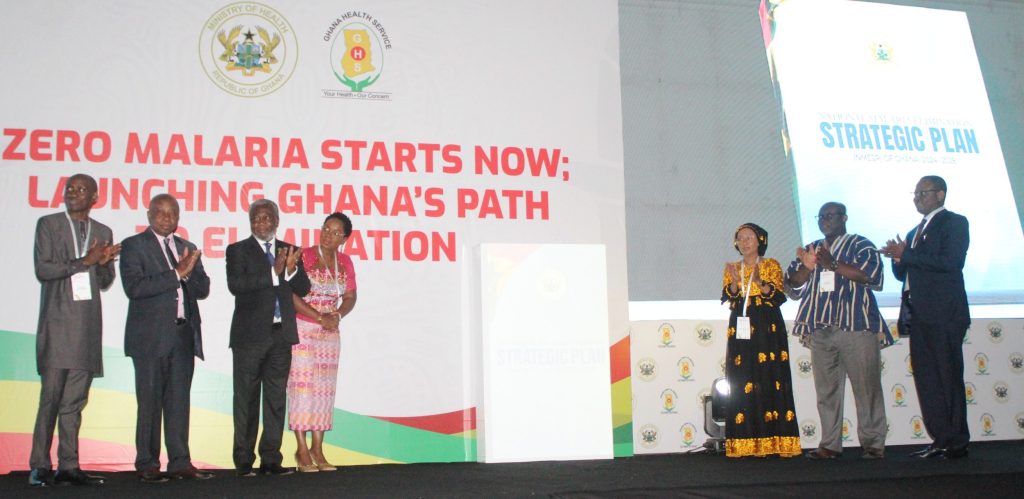


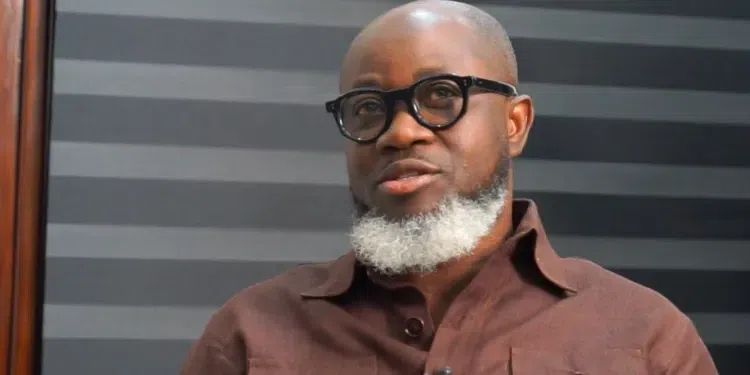
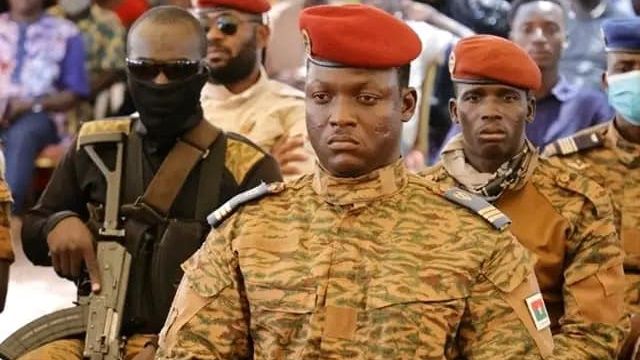



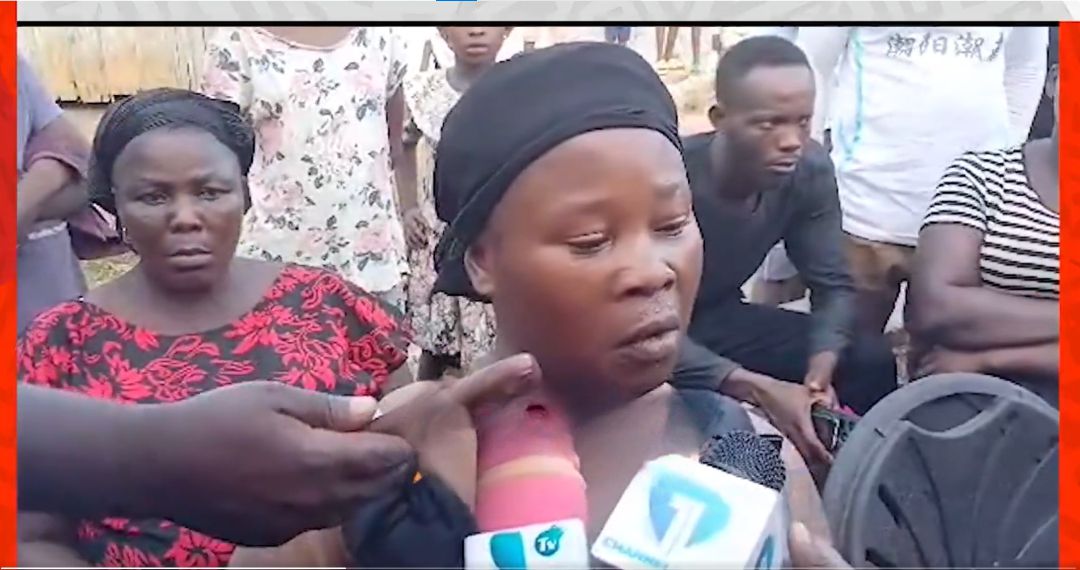


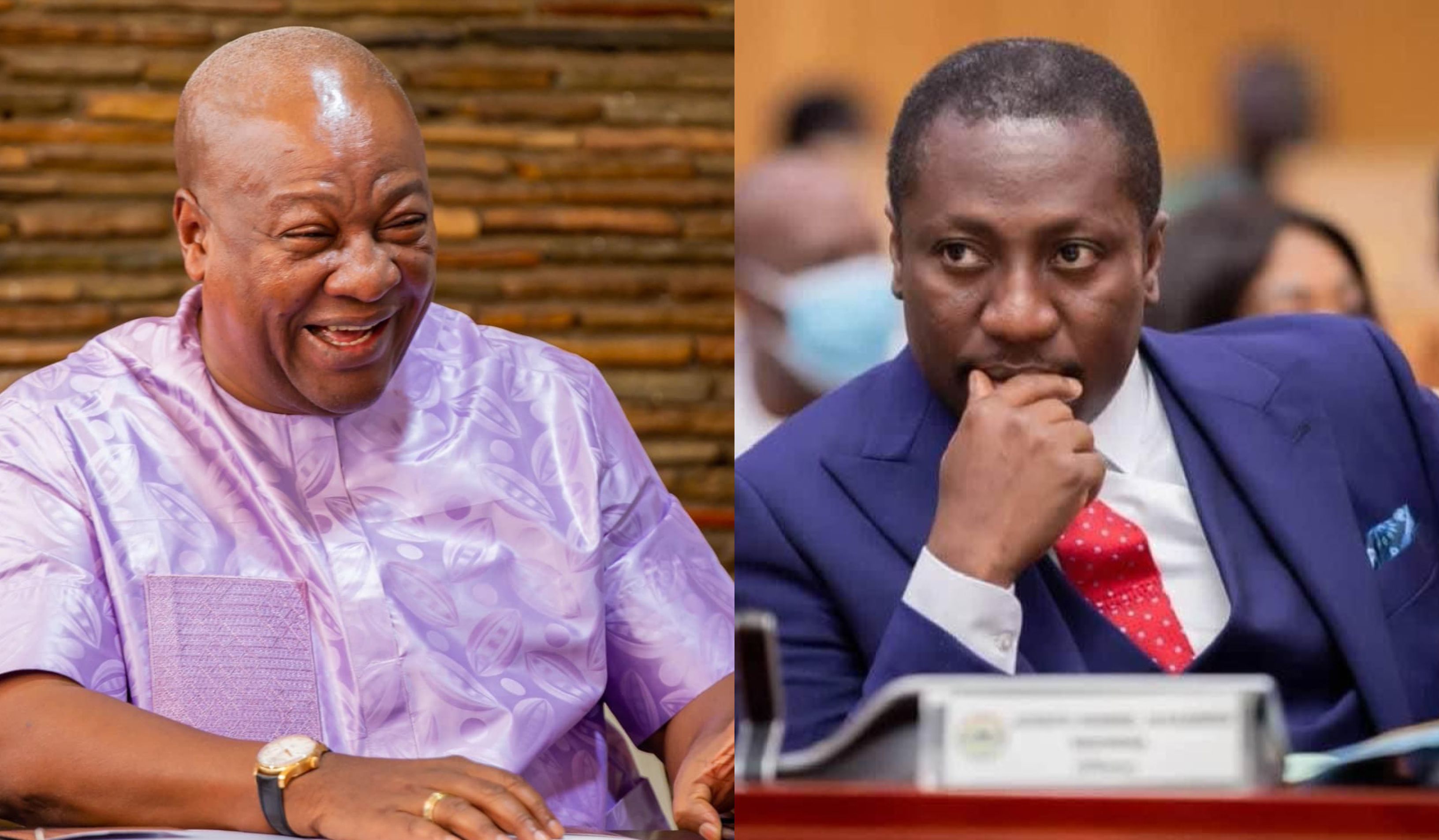





Facebook
Twitter
Pinterest
Instagram
Google+
YouTube
LinkedIn
RSS